Hours after the Hamas raid on October 7, Israel sent a flood of requests to US suppliers: UAVs, as many as possible.
The flood of orders came from the Israeli government , military, and civilian groups, all looking for small, readily available, multi-purpose unmanned aerial vehicles (UAVs).
In the weeks that followed, thousands of commercial drones were shipped to Israel, some from U.S. manufacturers, others made by Chinese companies and sold in the United States, people involved in the deals said. They said the drones were being used by Israel for everything from finding hostages to gathering intelligence to protecting villages.
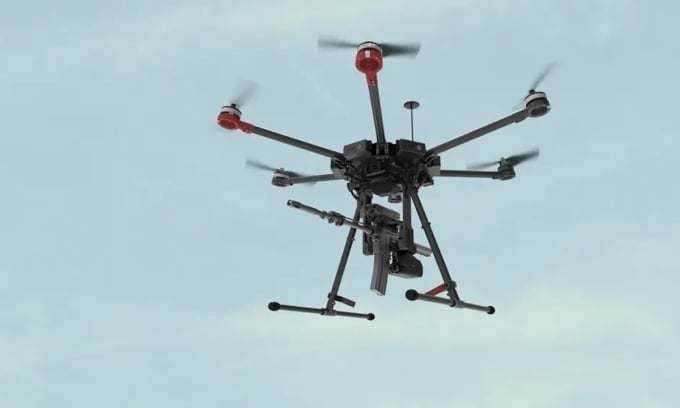
The SMASH Dragon UAV of the Israeli company Smart Shooter is capable of carrying an assault rifle. Photo: Smart Shooter
In a time of war, Israel cannot afford to be picky about whether it wants American or Chinese drones, says Bobby Sakaki, a defense consultant in Salt Lake City. “You have to look for the tactical advantage,” he says.
Once the stuff of filmmakers and toys for flying enthusiasts, low-cost UAVs are now an indispensable part of modern conflicts.
Chinese UAVs sell for several thousand dollars and can transmit real-time video hundreds of meters above the ground. American UAVs, which are more complex and not intended for the general public, often cost five times more than Chinese-made models.
Chinese UAVs are readily available and easy to acquire. Shenzhen-based companies SZ DJI Technology and Autel Robotics have helped popularize their commercial UAVs in the United States, while supplies from American manufacturers are limited.
Both US and Chinese UAVs can perform tasks such as tracking enemies, searching for survivors, and conducting reconnaissance without requiring much training. The reality of the battlefield in Ukraine shows how formidable UAVs have become in combat, experts say.
Yet many countries remain ill-equipped for this new battlefield reality. Israel’s frantic acquisition effort shows how desperate even one of the world’s most advanced militaries is for UAVs.
"Every conflict in the future will be a UAV war," said James Patton Rogers, executive director of the Technology Policy Institute at Cornell Brooks School in the US.
Small commercial drones were crucial to Israel’s mission to rescue more than 240 hostages held by Hamas. Drone suppliers say they could be used in larger numbers by both sides as Israel’s ground offensive in Gaza intensifies. The Israeli military has previously used small Chinese drones for reconnaissance and border surveillance and is stepping up those efforts.
Of the thousands of commercial UAVs shipped from the United States to Israel, many are from Chinese manufacturers. Sakaki, CEO of the UAV consulting and engineering firm UAS Nexus, said he has helped arrange deals to export hundreds of UAVs to Israel, about 90 percent of which are Chinese brands.
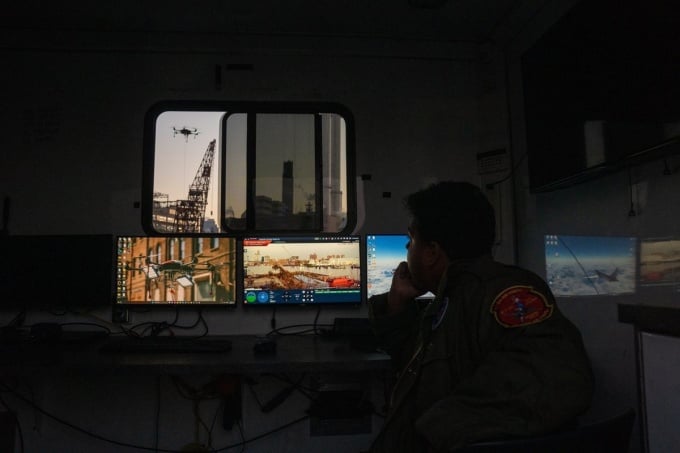
Easy Aerial staff conduct a test flight with a UAV. Photo: WSJ
Ido Gur, CEO of the US UAV company Easy Aerial, a former Israeli air force veteran who now lives in California, said he began receiving requests for UAVs via the messaging app WhatsApp about 12 hours after Hamas raided Israel early last month.
Orders come from the Israel Defense Forces (IDF), veterans, reservists, local Israeli leaders, American Jewish groups and charities, who then donate them to the IDF.
“In the early hours, they were mostly just asking what we had available and how long it would take to get it,” he said. “No one asked about the performance or safety of the UAV.”
Gur helped arrange a deal in which the U.S. arm of Autel sold dozens of drones to Israel. Gur also sold about 15 of his own drones to Israel. New York-based Easy Aerial, he said, can only produce a maximum of 25 drones a week, which is not enough to meet Israel’s rapidly growing demand. The company also lacks manufacturing components.
Military and civilian groups in Israel also reached an agreement with Silicon Valley UAV manufacturer Skydio, which supplies UAVs to the US military.
“The goal is to put as many eyes in the sky as possible,” said Menahem Landau, who helped a group of investors buy about $1 million worth of drones from Skydio.
According to sources familiar with the matter, the Israeli Defense Ministry has established new equipment procurement channels for the military and published guidelines on the type of UAVs the military wants to use.
Ukraine has reached out to Israeli military leaders to share their experience with UAVs, a source said. Since the conflict with Russia began, the country’s military has been studying how to jam UAVs and mitigate security flaws in Chinese UAVs that allow adversaries to easily pinpoint the location of operators and target them.
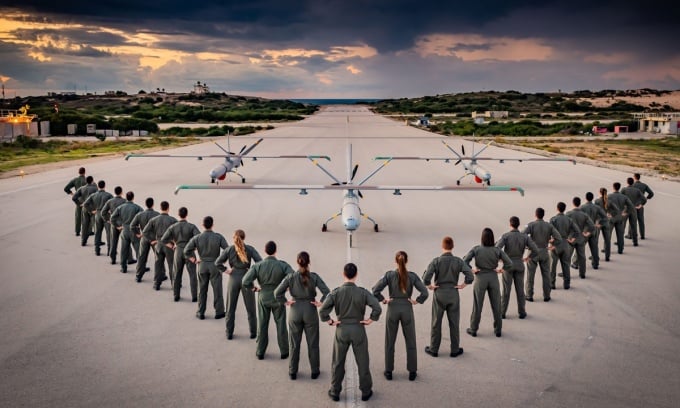
The 161st UAV Squadron of the Israel Defense Forces. Photo: IDF
Moshe Amzel, a resident of the village of Tzur Hadassah on the outskirts of Jerusalem, said a newly purchased UAV from Easy Aerial is helping them keep watch and detect intruders.
“There’s less panic in the air,” said Amzel, 47, whose village is also using several Chinese drones for surveillance.
Vu Hoang (According to WSJ )
Source link



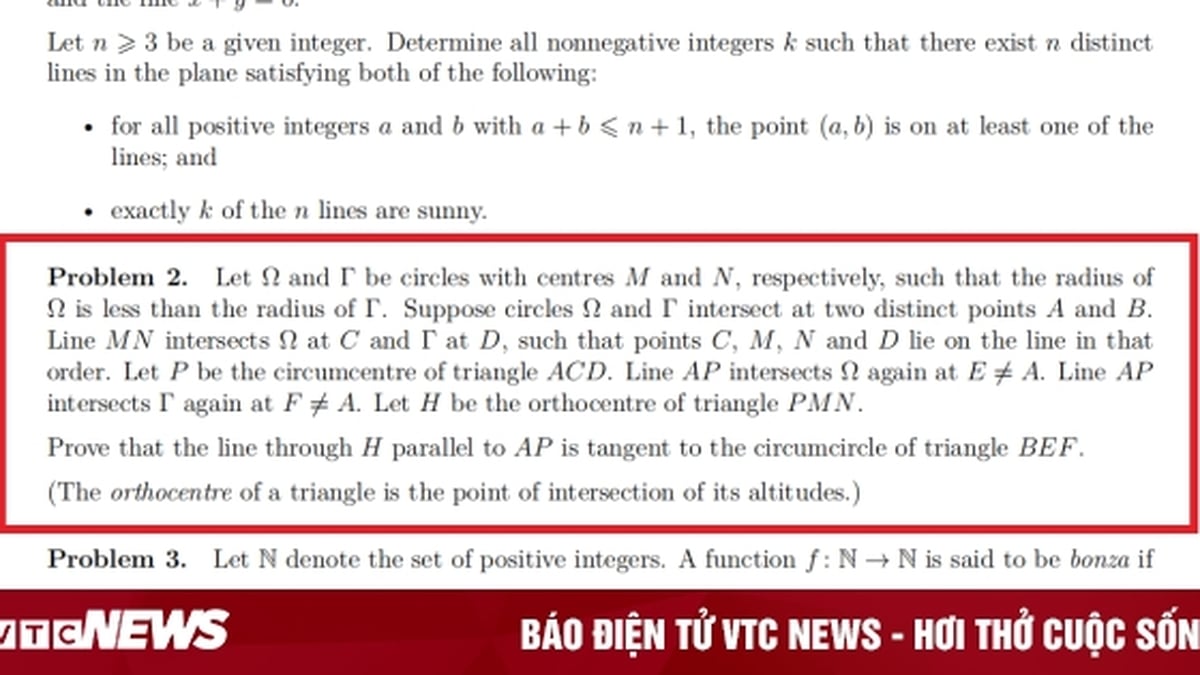
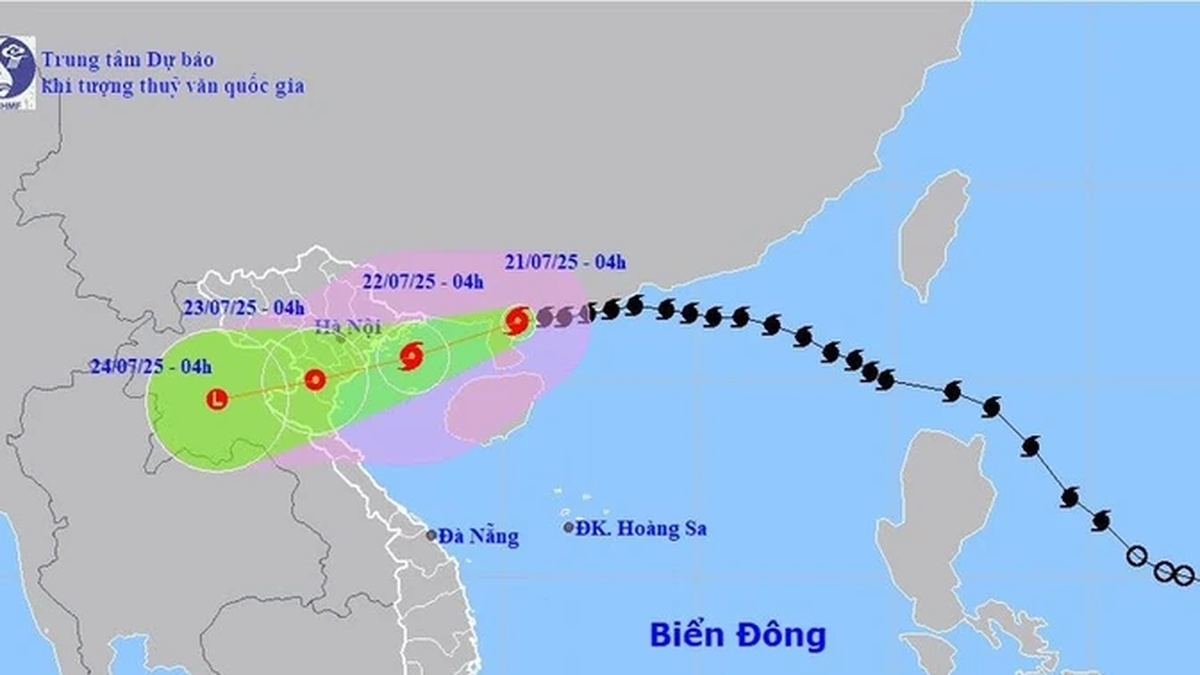
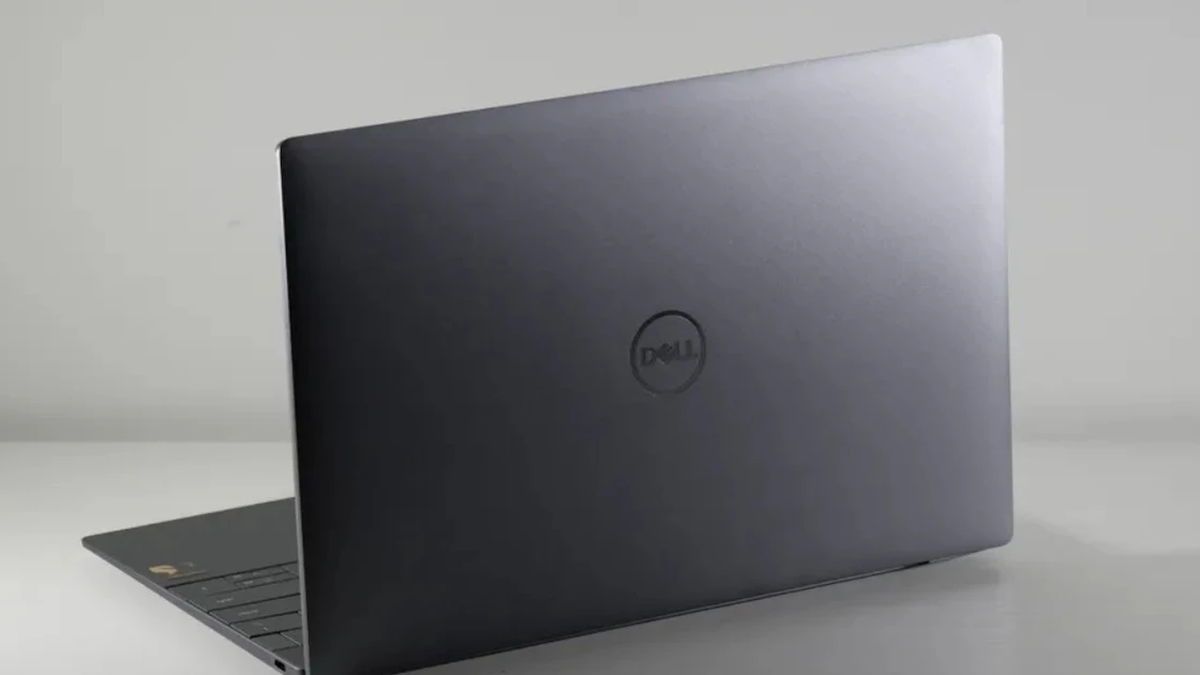


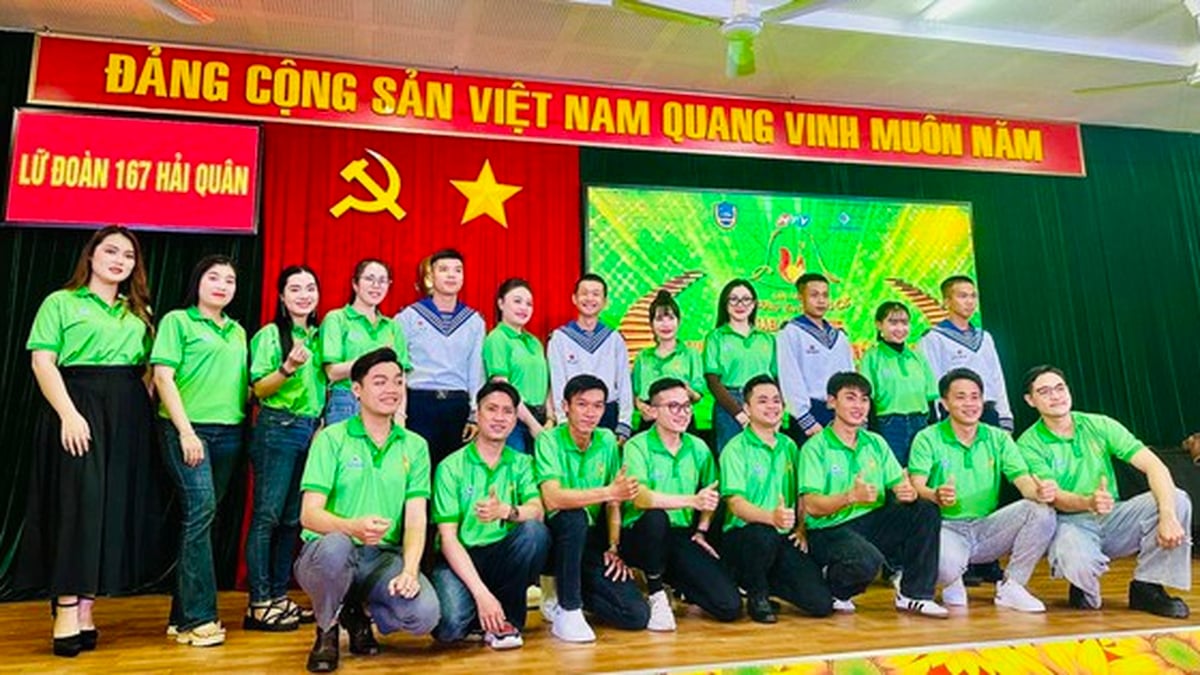




















![[Photo] National Assembly Chairman Tran Thanh Man visits Vietnamese Heroic Mother Ta Thi Tran](https://vphoto.vietnam.vn/thumb/1200x675/vietnam/resource/IMAGE/2025/7/20/765c0bd057dd44ad83ab89fe0255b783)































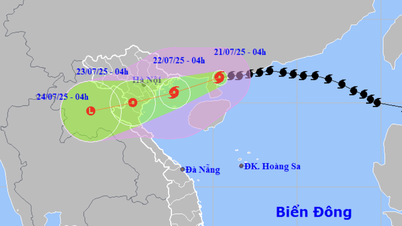




































Comment (0)